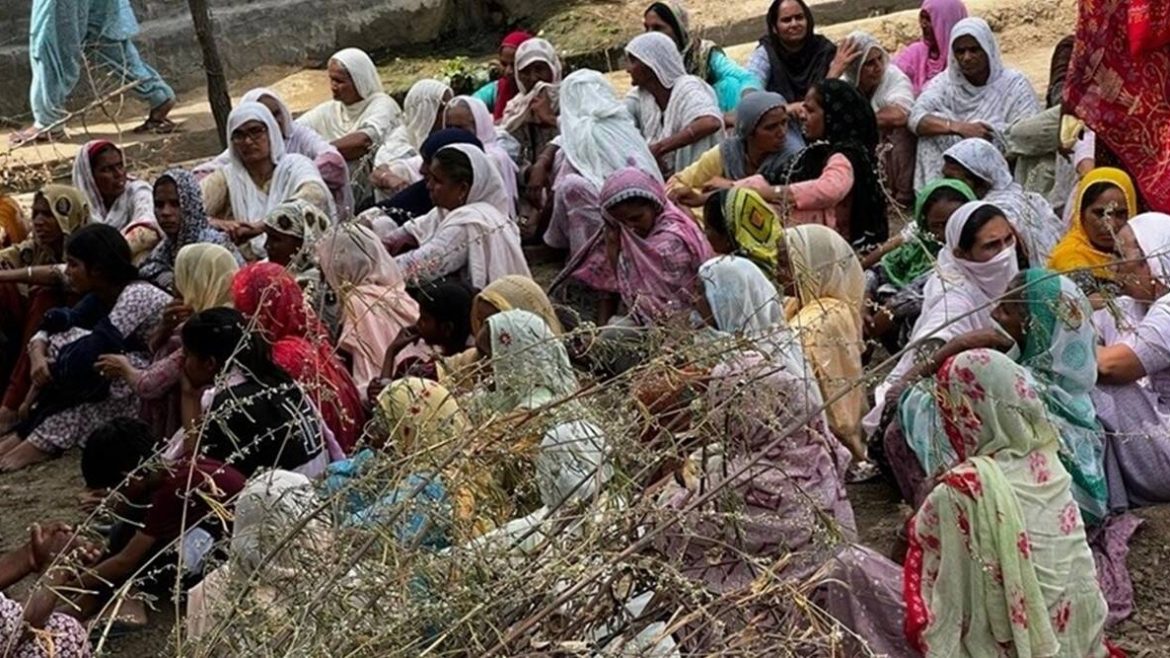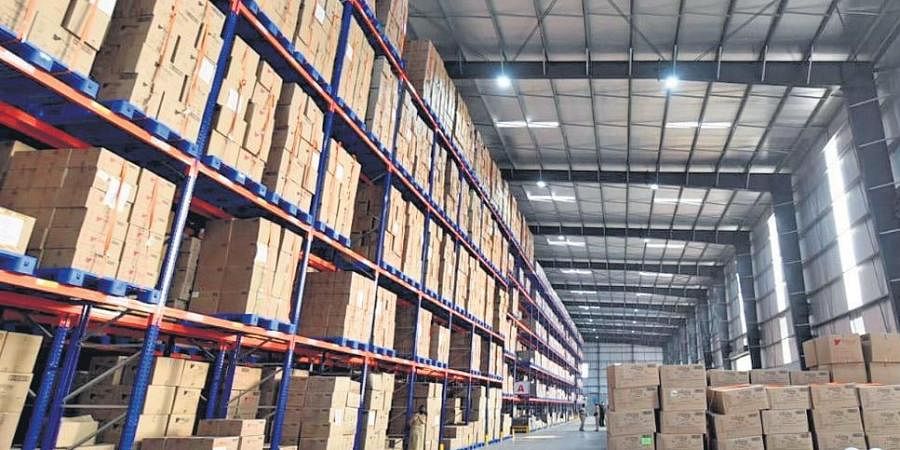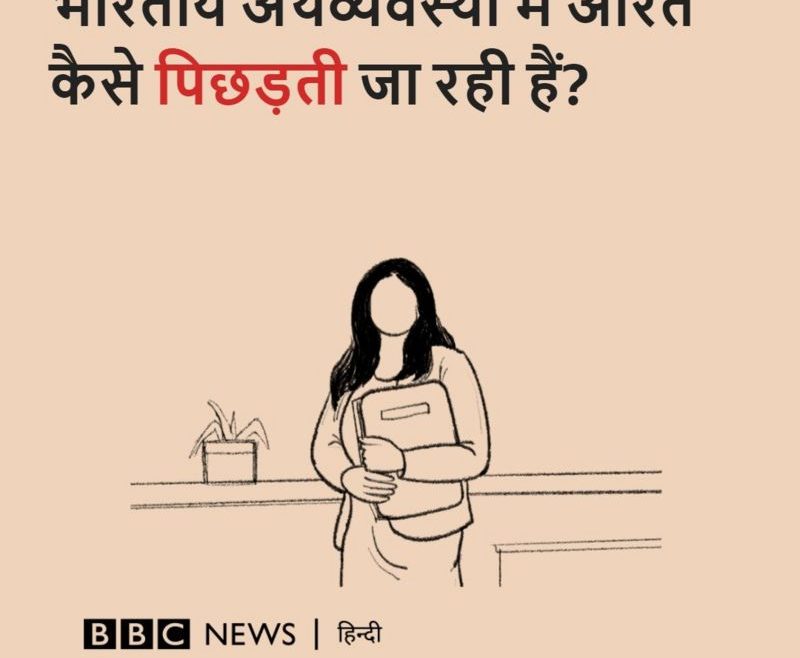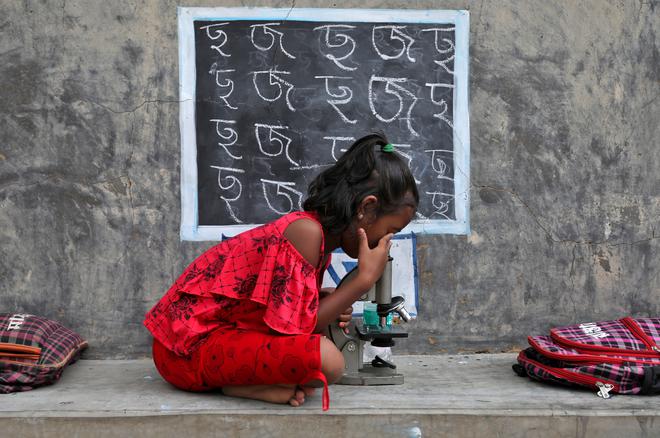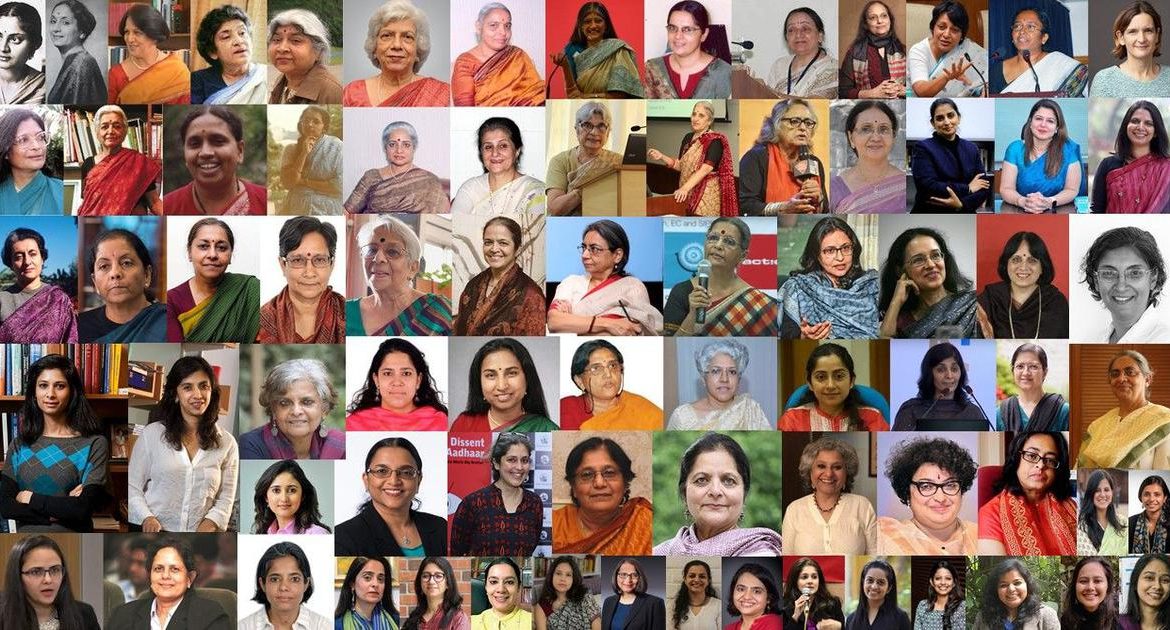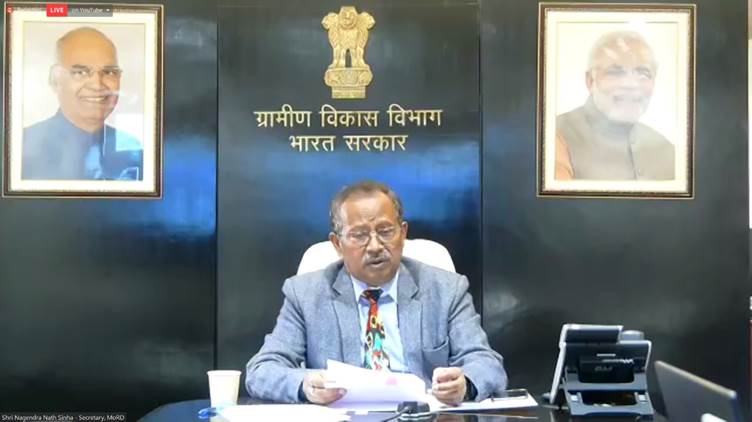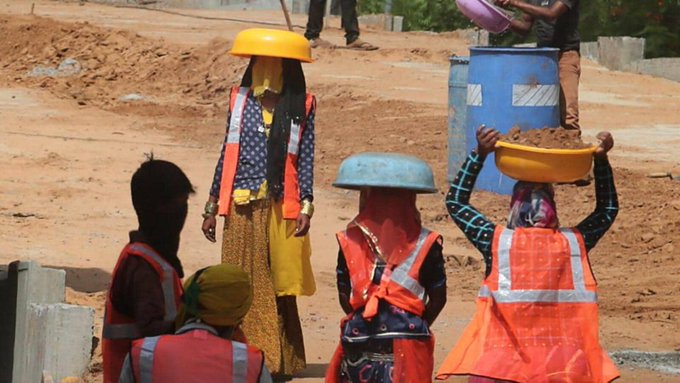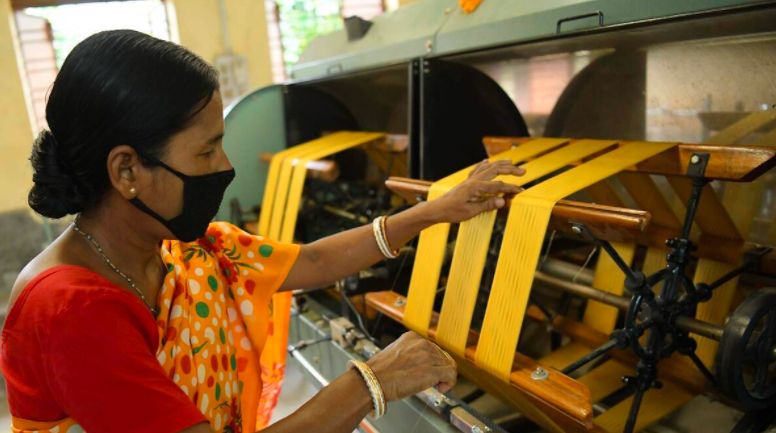iwwage_admin
Panel discussion on Measuring Women’s Labour Force Participation and the way forward

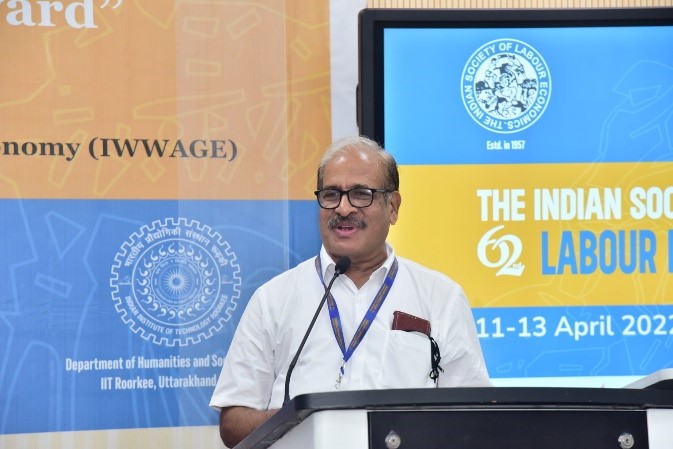
IWWAGE organised a panel and a roundtable discussion at the Indian Society of Labour Economics’ (ISLE) 62nd annual conference organised by the Department of Humanities and Social Sciences, IIT Roorkee in association with Institute of Human Development (IHD) between 11th-13th April 2022. IHD was established in 1998 under ISLE as a non-profit autonomous institution that aims to contribute towards building a society that fosters and values an inclusive social, economic and political system that is free from poverty and deprivations. The annual conference has provided an excellent forum for labour economists, professionals interested in labour and employment relations, policy makers and trade union leaders, among others, to discuss the important problems and issues concerning labour and employment.
Women face several barriers to participate in the economy that pertains to burden of unpaid care work and the resultant time poverty, lack of adequate skills and knowledge as well as lack of opportunities. These also emerge from the ways in which ‘work’ has been defined in the System of National Accounts (SNA), which emphasises on employment-centric definitions. The SNA puts unpaid labour in the category of ‘own account services’ and excludes it from the activities in the production account. The measurement of women’s employment routinely ignores measuring and capturing these activities.

The aim of the panel discussion was to highlight such measurement issues and innovative mechanisms to build into the existing Labour Force Survey to better capture women’s’ routine work. The panel responded to some crucial questions highlighting existing gaps around information measuring labour force participation in India and the units of measurement. The discussion also revolved around restrictions of primary activities in the unpaid sector, considerations to factors like change in household size, mode of data collection, self-reporting, and availability of panel data to understand women’s life cycle dynamics. The implications, limitations and advantages of various forms of surveys like ethnographic, time use, workforce, and individual were also discussed amongst the panel members.
The panellists included Jeemol Unni (Professor of Economics, Amrut Mody School of Management), Hema Swaminathan (Professor, Centre for Public Policy, Indian Institute of Management Bangalore), PC Mohanan (Former Chairman, National Statistical Commission (NSC)), Vikash Vaibhav (Special Secretary, Home Department, Government of Bihar, Indian Police Service), and Parushya (Research Manager, IWWAGE). The moderator for the session was Dr. Sakshi Khurana (Consultant, NITI Aayog).

The roundtable discussion “Women in Work and Leadership: Strengthening Policy Research and Building Networks” was organised by IWWAGE, IDInsight, and Centre for Gender Studies, Institute for Human Development (IHD). The objective of this roundtable was to deliberate on the future pattern of women’s work, inform policy with the issues as well as forge a network covered researchers working on women’s work. With this discussion, they aim to launch a network of women academics, researchers, practitioners and other interested stakeholders to keep the dialogue active and draw a roadmap for carrying forward interesting inputs for further action.
The session shed light not only on hardships in joining and inclusion of women in the workforce but also on making the policy process more inclusive. The moderators for this discussion were Sona Mitra (Principal Economist, IWWAGE), Divya Nair (Senior Director, IDinsight), and Tanuka Endow (Professor and Coordinator, Centre for Gender Studies, IHD). The successful two hours of discussion gave the women a platform for knowledge sharing and addressing issues faced by women in the workforce. The dialogue also addressed the position of women in policymaking, individual/ organisational/ societal level challenges, and feminist finance perspective constraints. The major gaps that were spoken about included lack of enough employment tools and transition opportunities, gender segregation, the redistribution of paid and unpaid work, and ownership of assets. The conversation also emphasised on the crucialness of a political economy perspective and need to the look at intersections and invisible constraints.


